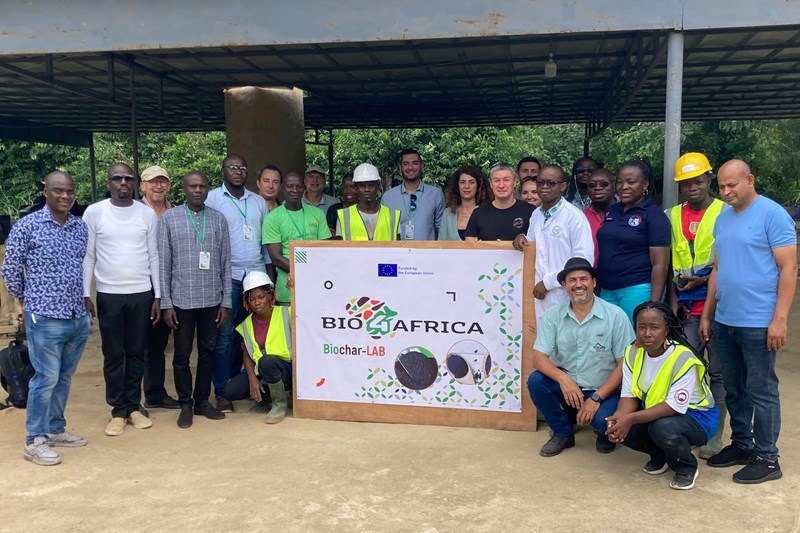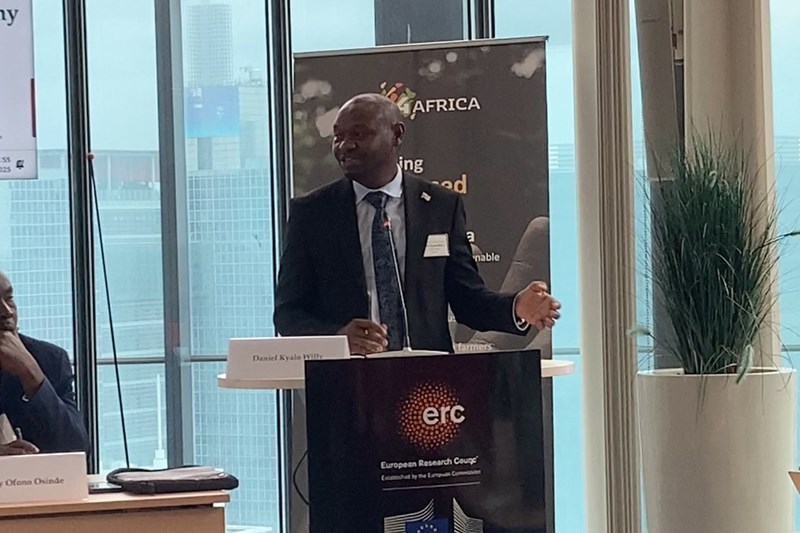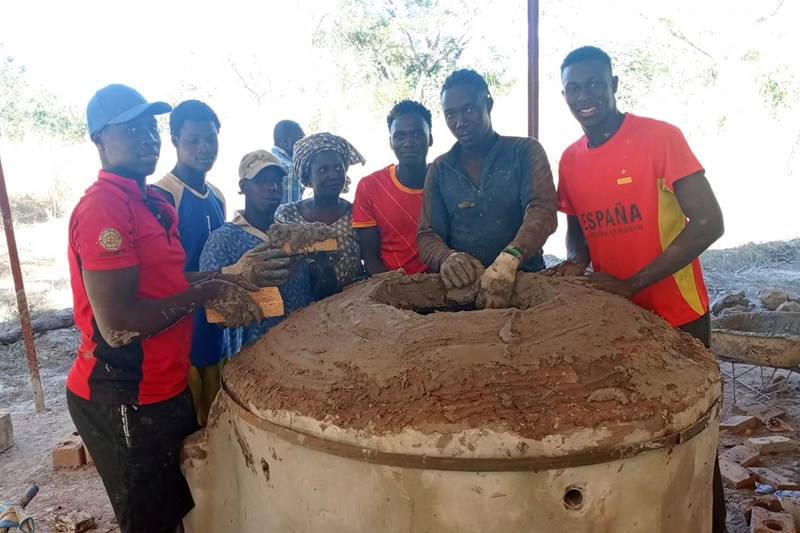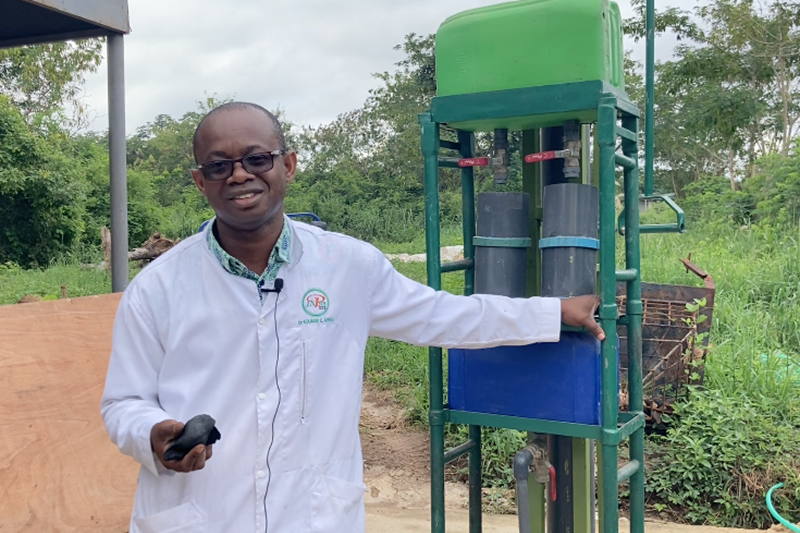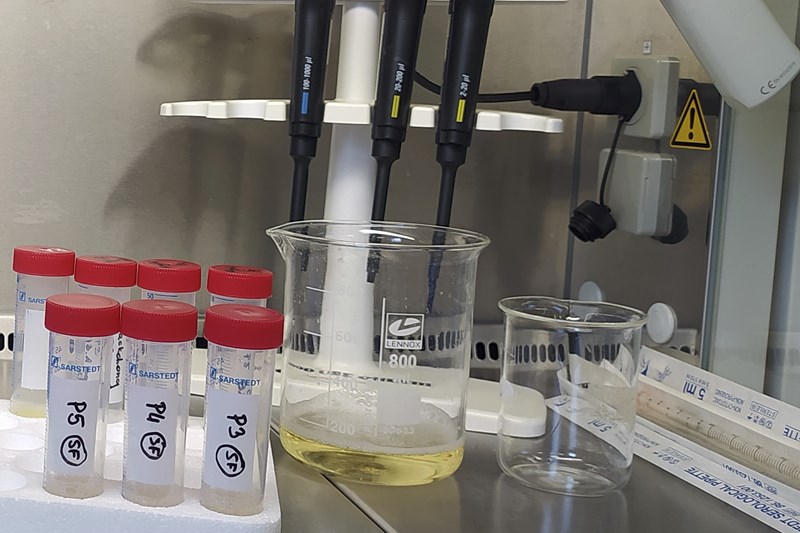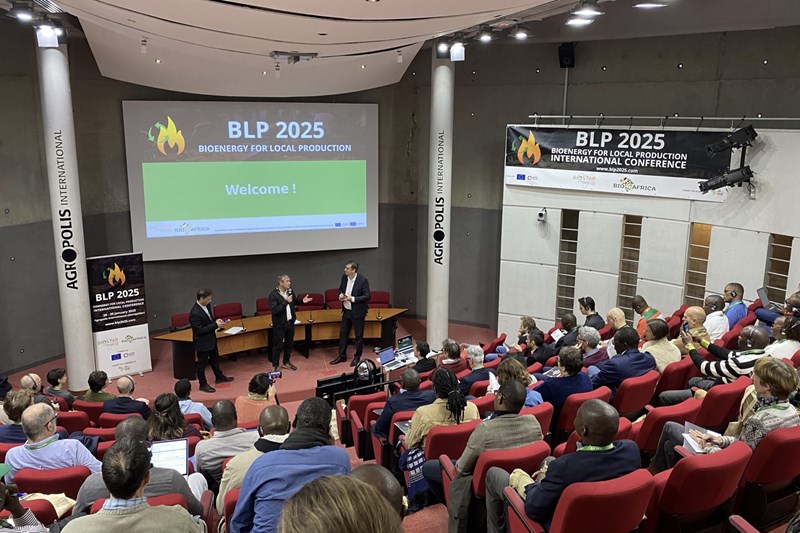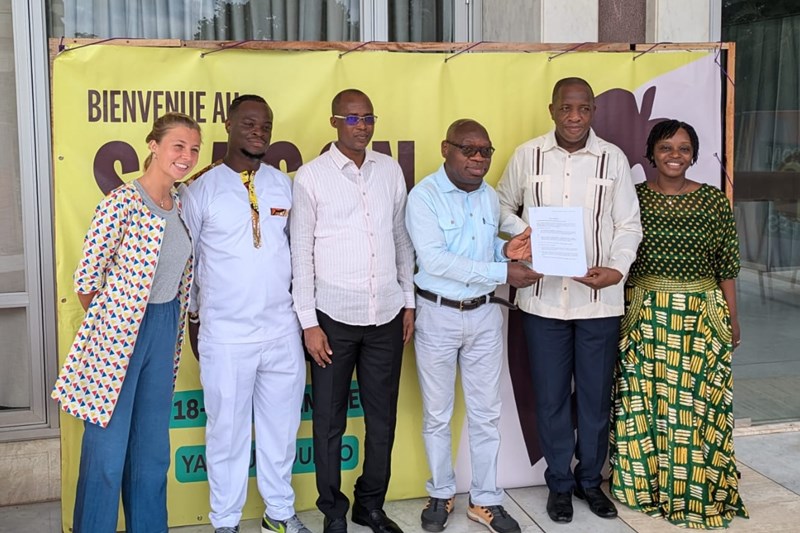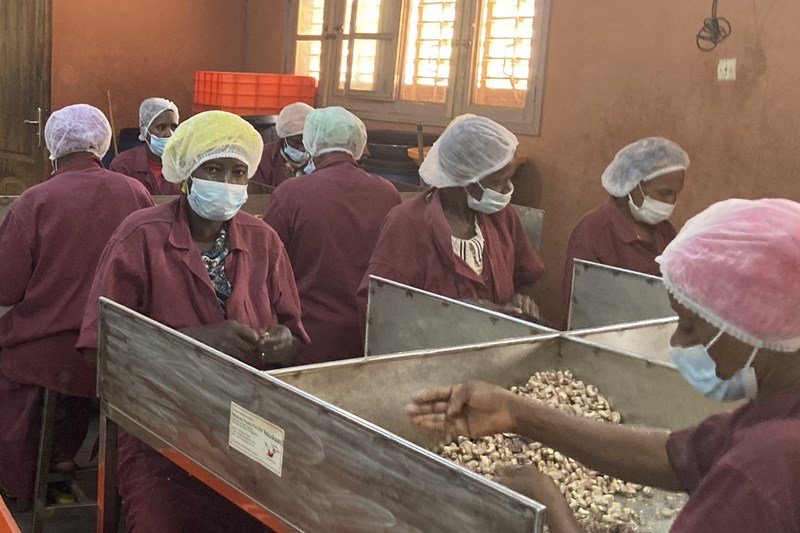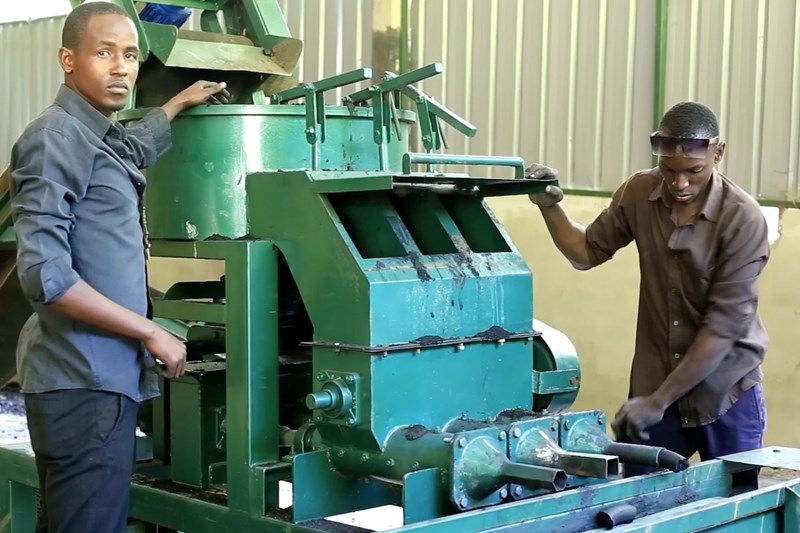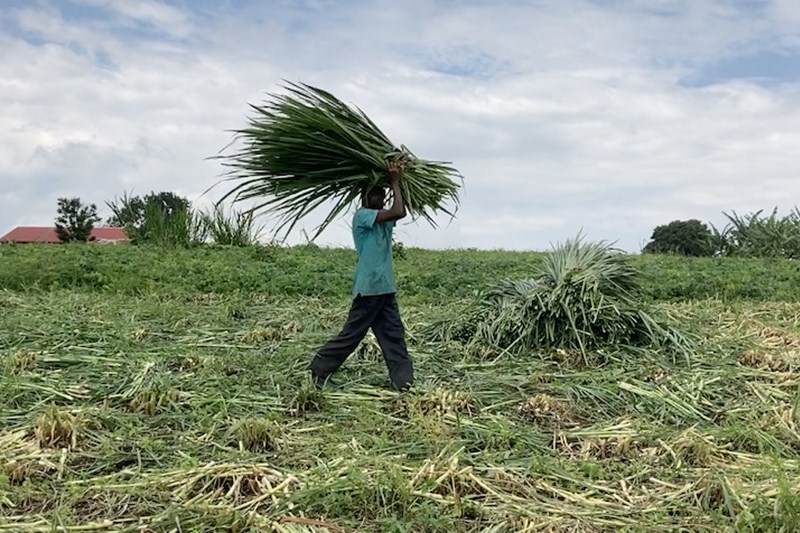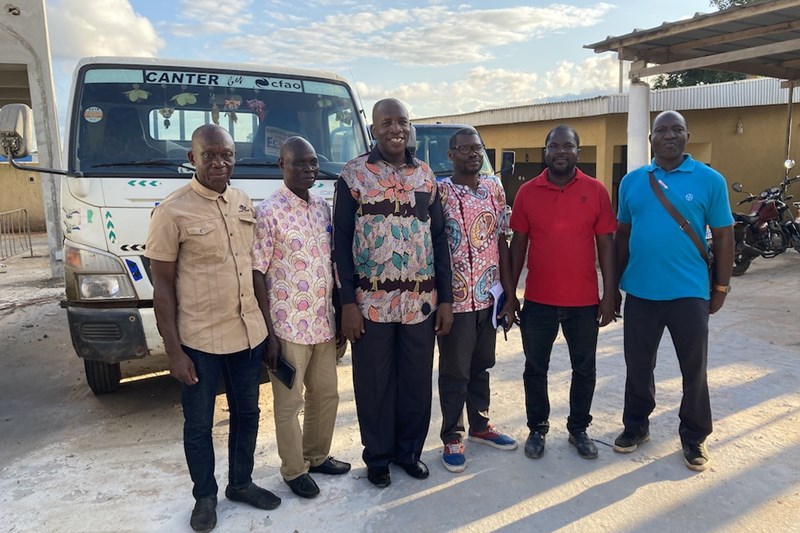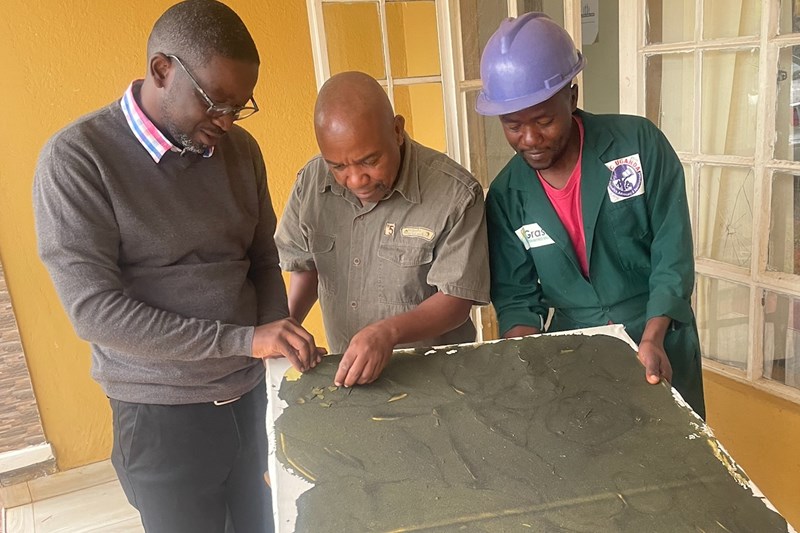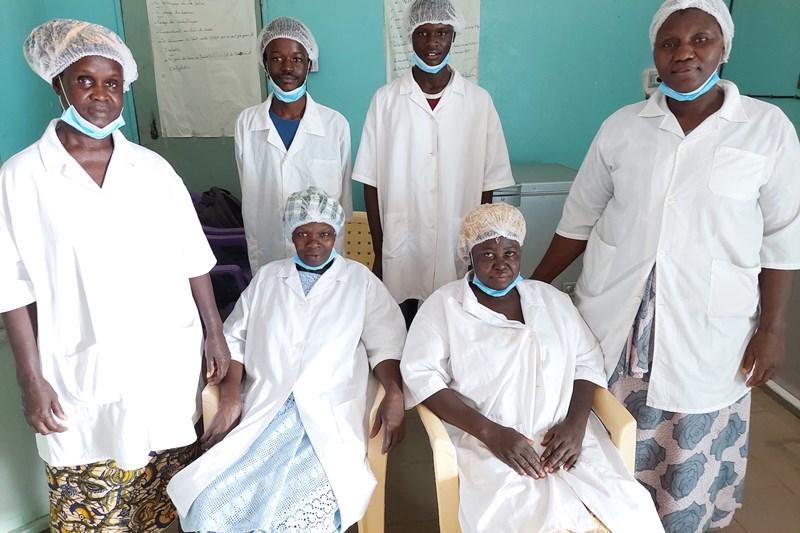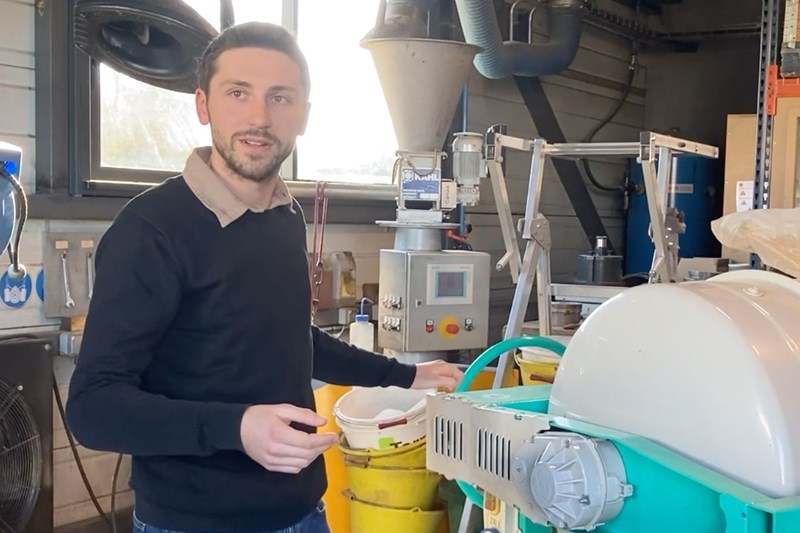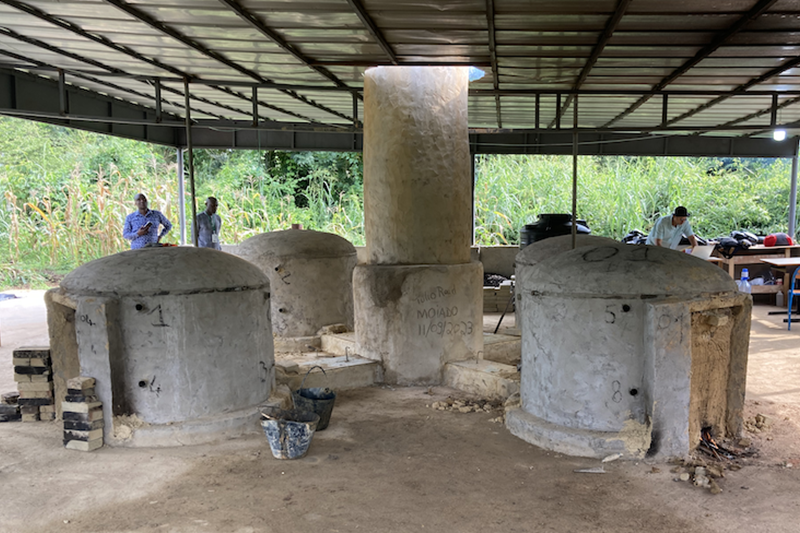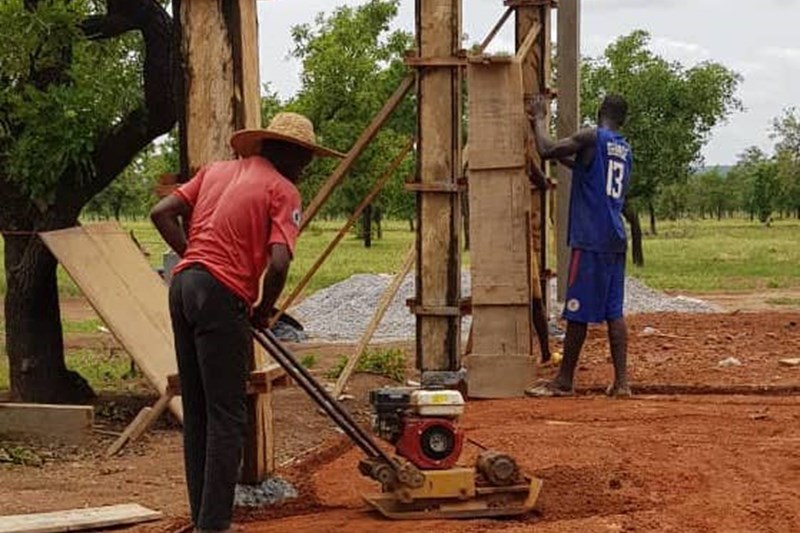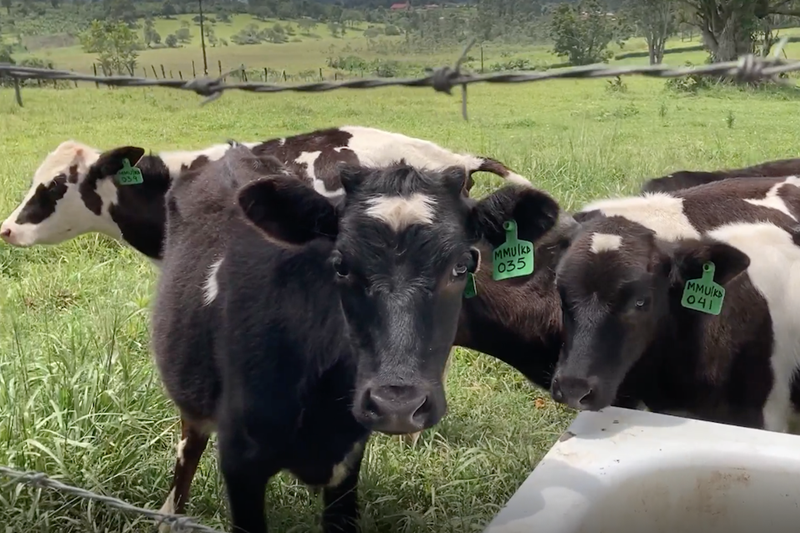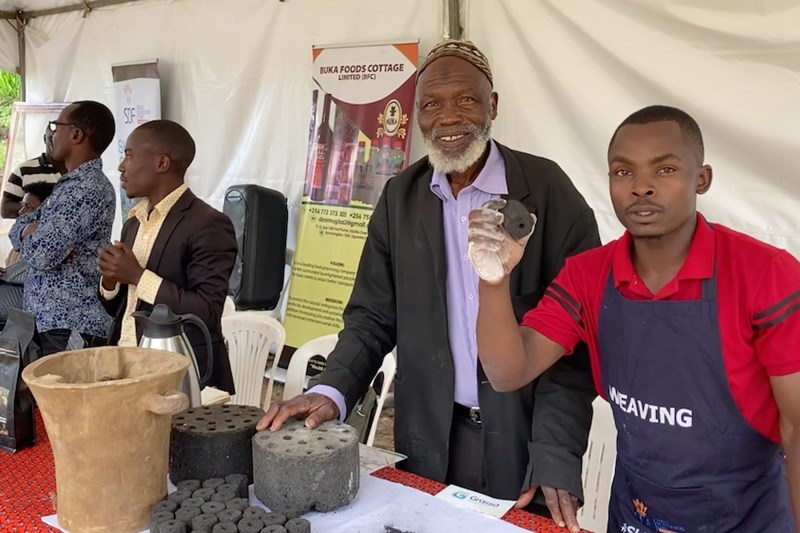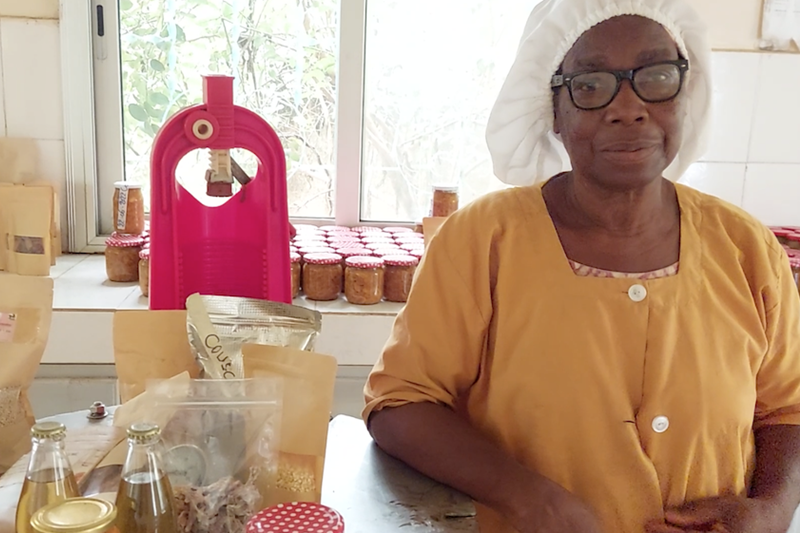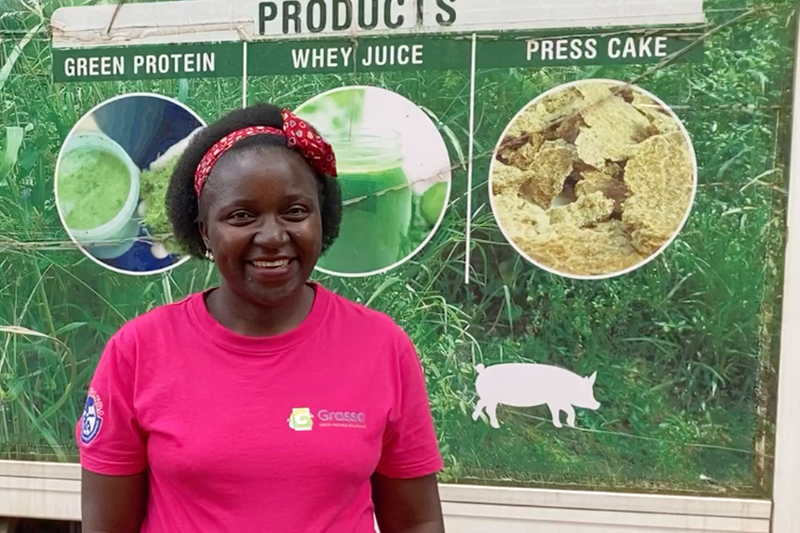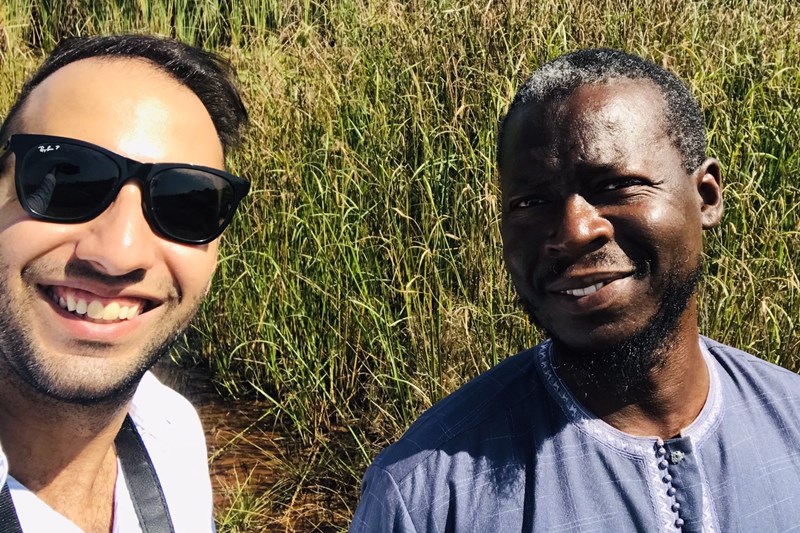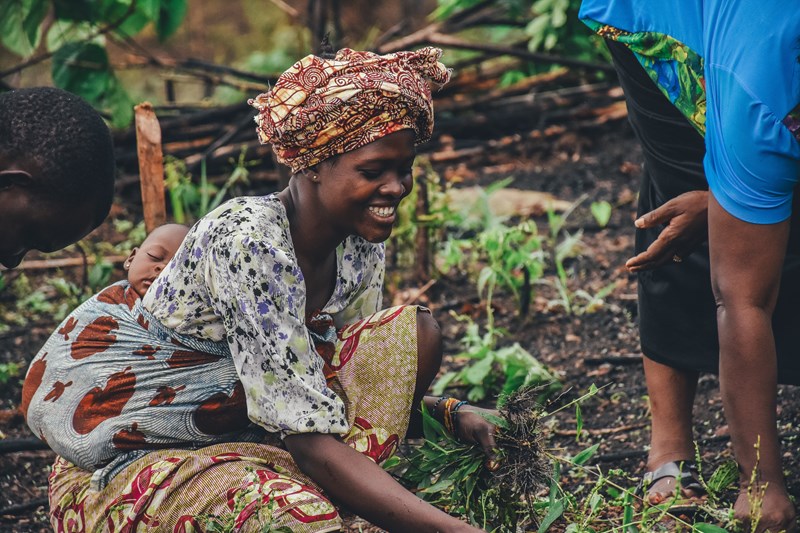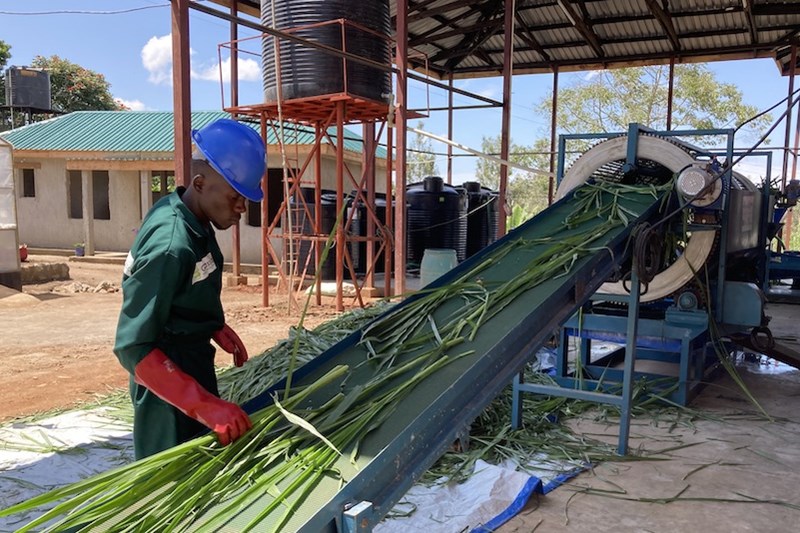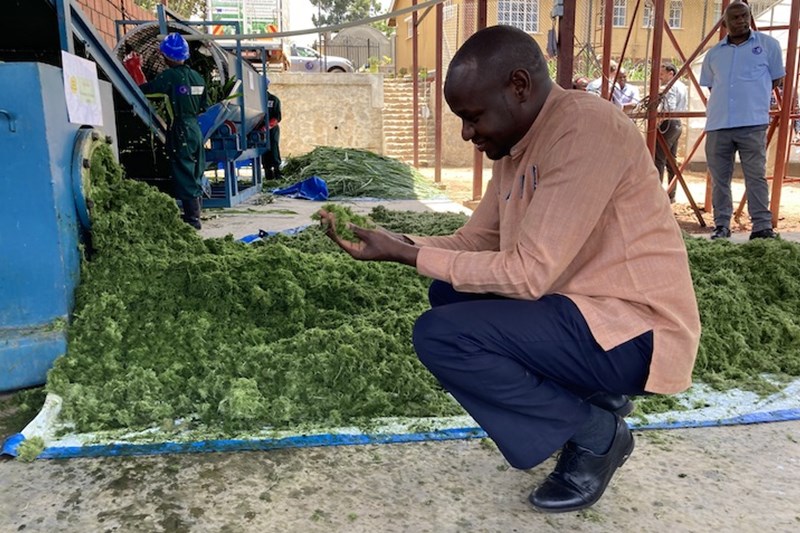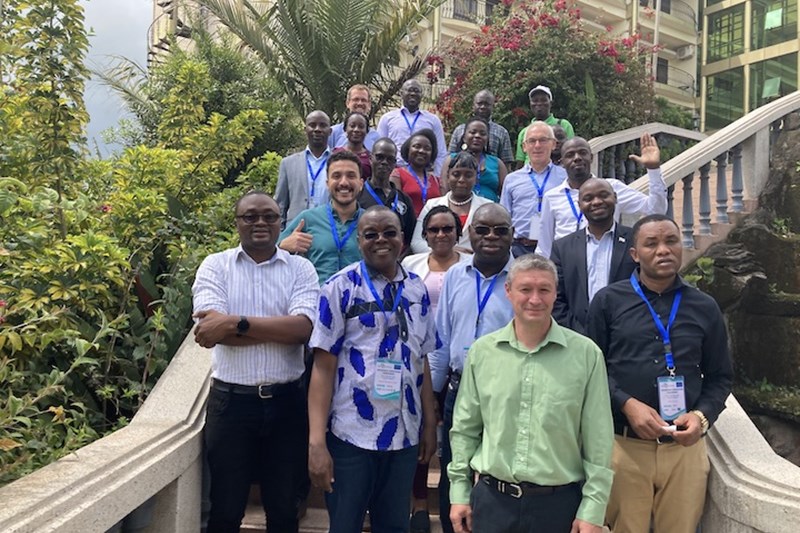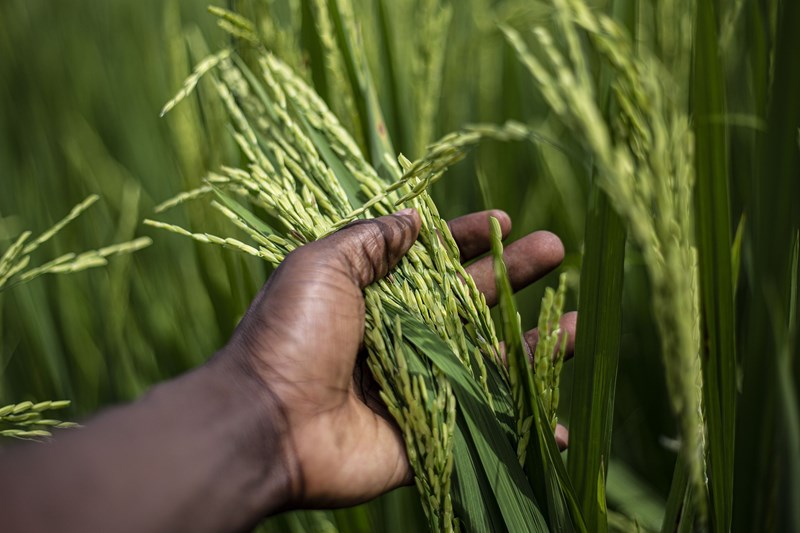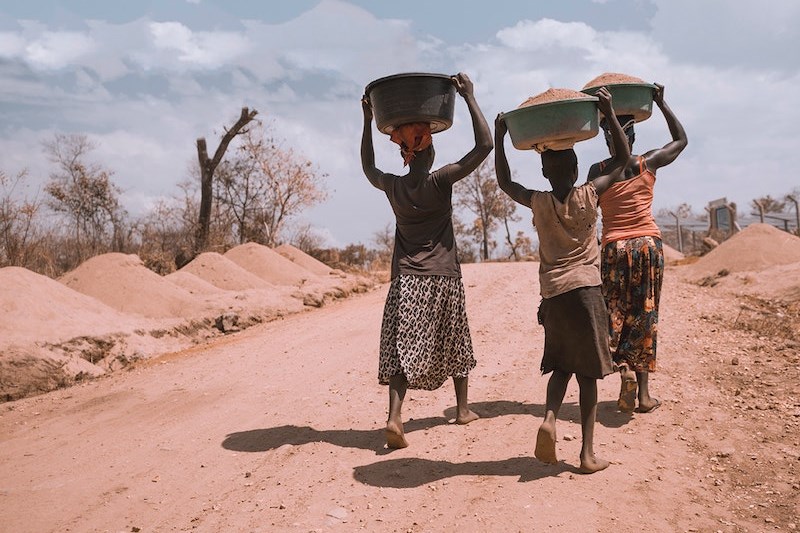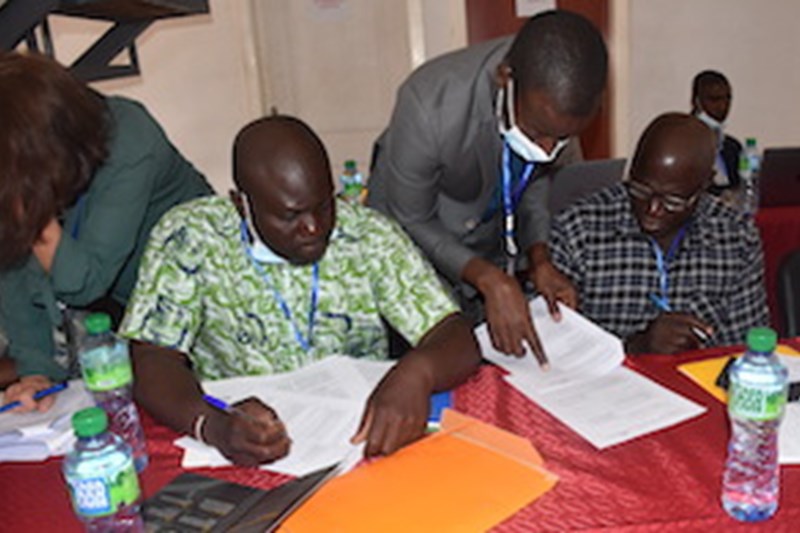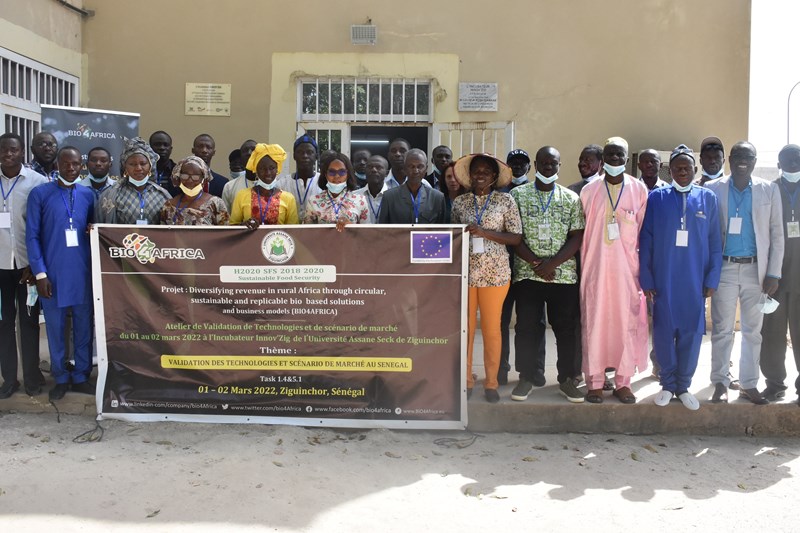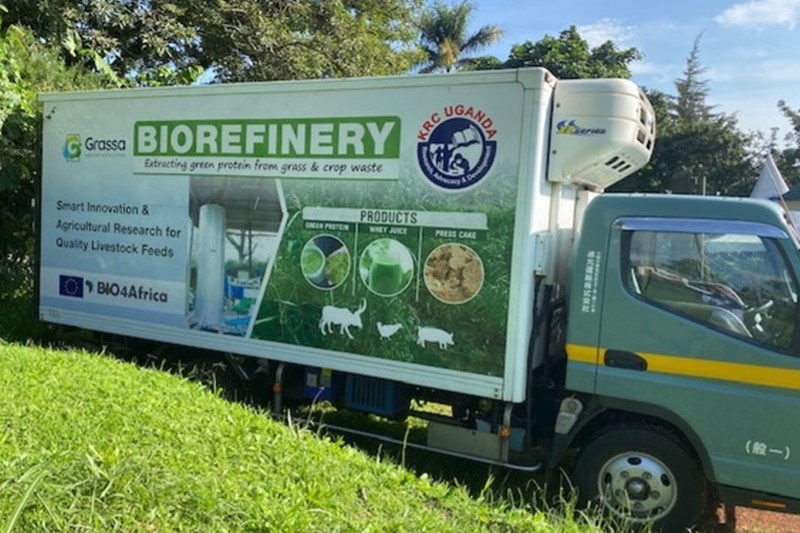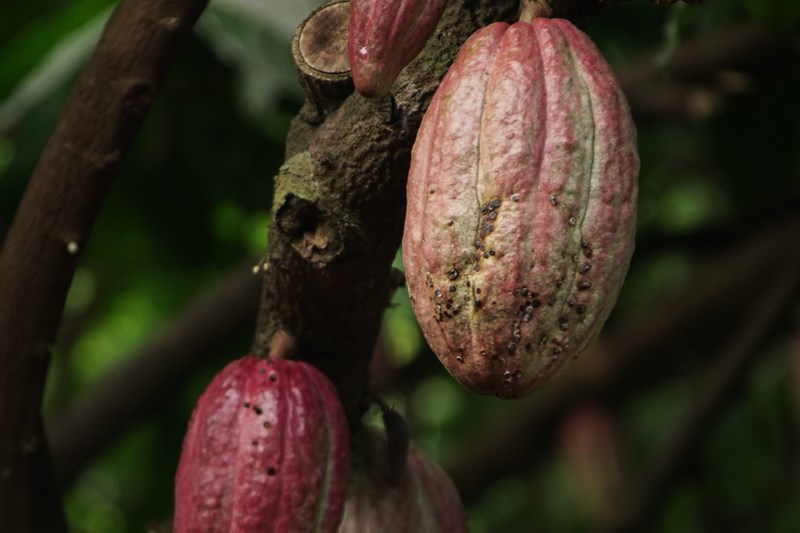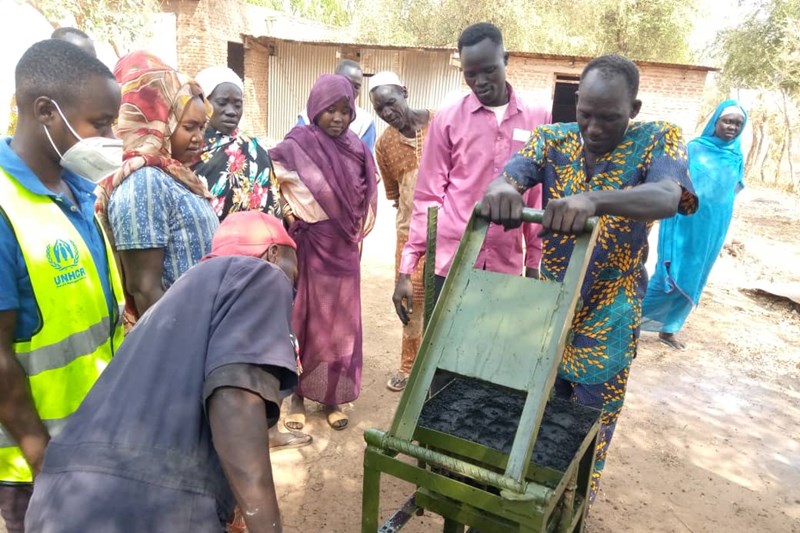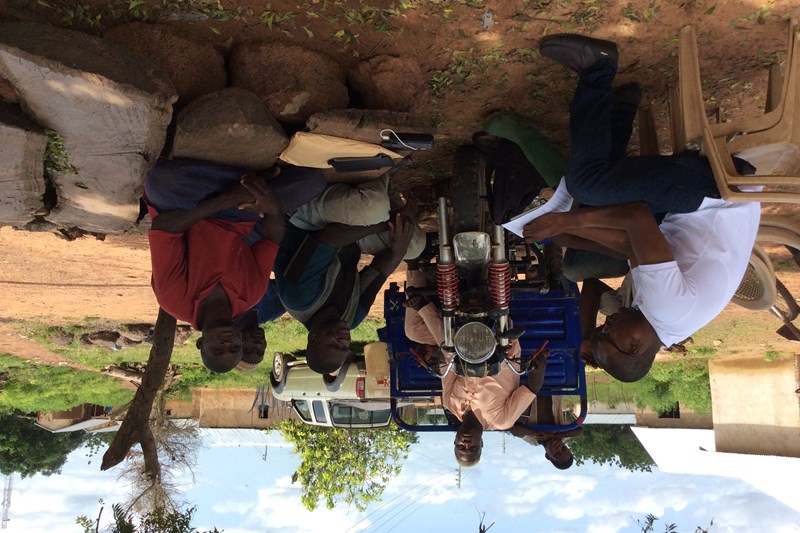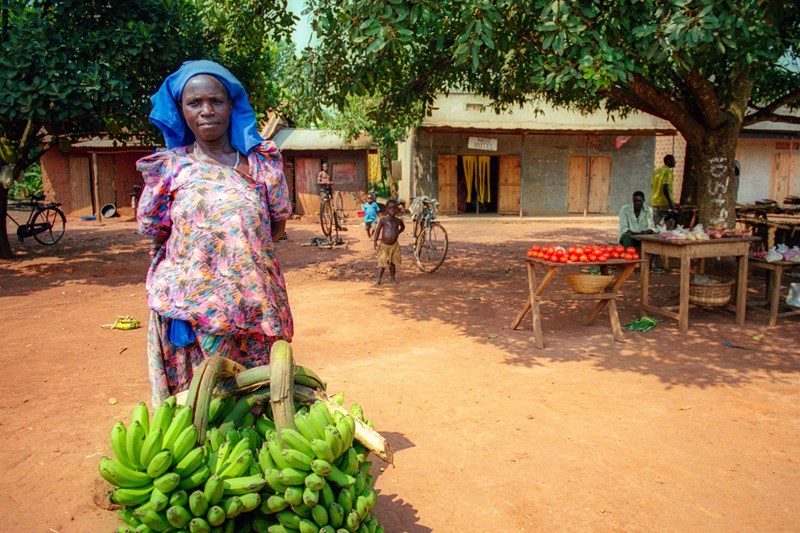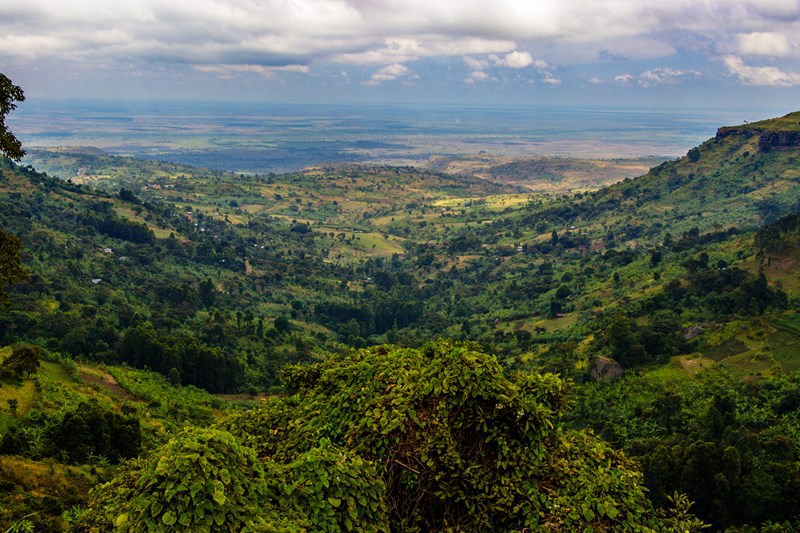The BIO4Africa pilot trials are complete. The results have established a firm foundation for building an African bioeconomy.
BIO4Africa delegates from Africa and the EU urge African governments to enable the transformation to a bio-based economy.
The findings of the BIO4Africa social life cycle assessments are in. Their conclusion? Bio-based technologies are a sustainable business investment.
BIO4Africa research has identified the best biochar for water purification – highlighting the intrinsic value of each type of agricultural waste.
Studies of whey juice at Munster Technical University have produced interesting results – with great circular bioeconomy potential.
150 participants, 25 countries, 3 enlightening days on small-scale, bio-based technology for valorising African agricultural waste.
An important investment in biochar production aims to help cocoa growers restore their soil and combat climate change in Côte d’Ivoire.
BIO4Africa has given cashew coop Ethicajou a roadmap to a new venture with cashew shell biochar in Senegal.
Biochar briquettes could protect public health and the environment. KRC is talking to a city council about bringing this affordable fuel to market.
Life cycle assessment finds that changes in crop farming practices could have the biggest impact on the biorefinery's environmental footprint.
Climate change is the biggest challenge for the KAPATCHIVA cocoa farmers in Côte d’Ivoire. Cocoa pod biochar from BIO4Africa could be part of the solution.
Ongoing adjustments to the BIO4Africa biorefinery in Uganda aim to secure the best output under local conditions.
Equal rights for women are a priority to unlock productivity and build tomorrow’s sustainable and competitive businesses in rural Africa.
Four out of five agricultural waste products show potential as a new source of rural revenue.
The new pyrolysis plant in Côte d’Ivoire will produce clean and efficient household fuel.
The foundations are laid and feedstock identified for Africa’s second green biorefinery in Ghana, building on experiences from Uganda.
Four of 22 BIO4Africa product trials kicked off in the initial reporting period. A busy time lies ahead for the testing sites.
Will the BIO4Africa technologies create long-term value? DRAXIS is conducting the life cycle assessments that will help to find out.
Twenty farms, cooperatives and processing companies have been selected for the BIO4Africa business development programme, which begins this month.
Empowerment of women farmers is an urgent task in Sub-Saharan Africa, where women represent 50% of the agricultural work force.
Quality and safety assurance is the final task before the new HTC reactor can go into operation, say BIO4Africa partners from IHE Delft and UASZ.
Can a four-year project make a sustainable impact? BIO4Africa’s twin project DIVAGRI has developed a sustainability monitoring framework.
One of the flagship technologies of the BIO4Africa project, the green biorefinery is the first of its kind on African soil.
Field testing of bio-based technologies is underway at the BIO4Africa test sites. Now attention has turned to building sustainable business models.
BIO4Africa partners from Africa and Europe had their first opportunity to meet face-to-face at the third project meeting hosted by KRC in Uganda.
Pyrolysis for biochar production is a key technology in the BIO4Africa project. Here, BIO4Africa partner Celignis takes a look at the properties of biochar…
The BIO4Africa site in Senegal prepares to test HTC for hydrochar production. An invasive wetland weed – typha – is the feedstock.
BIO4Africa has completed a fruitful first year. Bio-based technologies are now ready for testing in circular agri-food systems.
Farmers need capital to invest in bio-based solutions. Here are the programmes that could provide it.
Four workshops have completed BIO4Africa’s exploratory phase, setting the scene for technology rollout
Can banana leaf protein increase cows’ milk production? And will piglets thrive on the whey juice? Grassa’s green biorefinery is put to the test.
BIO4Africa maps farm residues that could become new high-value products for smallholder farmers.
BIO4Africa presents an impressive line-up of bio-based technologies in its online catalogue.
The BIO4Africa survey of smallholder farmers has mapped needs, challenges and opportunities.
Project partners have identified local needs and the bio-based technologies that can turn farm residues into new high-value products.
We are creating a catalogue of technologies with potential for being successfully adapted and transferred to different contexts across rural Africa.
